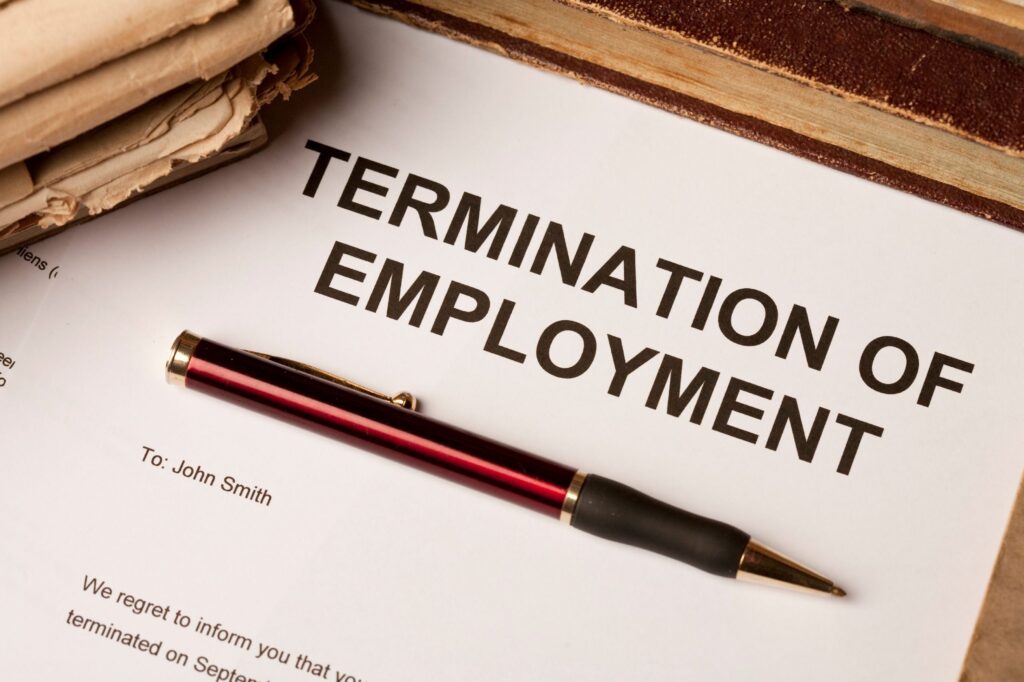First published: July 17th 2023
Last updated: July 17th 2023
The Dark Side of HR: How to Manage Bullying in the Workplace
All your employees should be treated with dignity and respect in the workplace.
As an employer, you need to let all your staff know that bullying (or harassment of any kind) will not be tolerated whether it’s in the physical workplace or via online communications.
The best way to ensure your workplace culture doesn’t allow bullying to be tolerated is to get both your management team and employees involved.
You can minimise the risk of a bullying incident derailing your operations through a combination of strong policies and procedures, regular employee communications and relevant training for both management and staff.
Latest Code of Practice on the Prevention and Resolution of Bullying
The latest Code of Practice on the Prevention and Resolution of Bullying at Work was developed by the Workplace Relations Commission (WRC) and the Health and Safety Authority (HSA) and published in 2021.
The Code of Practice includes practical guidance for both employers and employees on the prevention and management of incidents of workplace bullying.
Anti-bullying policies and procedures
The Code of Practice recommends that you ensure that all employees have a good understanding of what constitutes bullying and what procedures you have in place to address any incidents that do arise.
Compliance with this recommendation can be achieved through the drafting of robust anti-bullying policies and procedures that are communicated to employees when they start employment and throughout their time with your organisation.
What constitutes bullying in the workplace?
The Code of Practice defines bullying as:
“Repeated, inappropriate behaviour, direct or indirect, whether verbal, physical or otherwise, conducted by one or more persons against another or others, at the place of work and/or in the course of employment, which could reasonably be regarded as undermining the individual’s right to dignity at work.”
The Supreme Court has also set out a test containing three elements that must all be fulfilled if the behaviour complained of is to constitute a pattern of bullying. Only workplace behaviour that is:
- Repeated
- Inappropriate, and
- Undermines the dignity of the employee at work, will constitute bullying.
Issues that will not constitute bullying in the workplace
The Code of Practice also highlights a non-exhaustive list of employment-related scenarios that will not constitute bullying. The examples include:
- Performance management processes
- Differences of opinion
- Constructive feedback
- Workplace conflict.
The distinction between bullying and harassment
Bullying and harassment are often dealt with under one policy but as an employer it’s important to remember that they are distinct issues.
A once-off incident of disrespectful behaviour may be considered harassment if the victim can establish that the abuse is linked to one of the nine protected characteristics set out in the Employment Equality Acts 1998-2015.
The nine protected characteristic are gender, civil status, family status, sexual orientation, religion, age, race, and membership of the Traveller community.
As mentioned above, only repeated offensive behaviour will constitute bullying.
The importance of anti-bullying training
As part of your general duty of care to ensure the health, safety, and wellbeing of your staff, you must take action to minimise the risk of workplace bullying. You can demonstrate compliance with your duty of care by providing appropriate training to all staff first on their induction and through regular refresher sessions throughout their employment.
Communicating your policies on workplace bullying at induction and through ongoing training will demonstrate that your organisation is compliant with the Code of Practice and that staff understand what constitutes bullying and harassment in the workplace. Training will also let staff know what they should do if they are either the victim of bullying or suspect a colleague is being bullied.
Clear policies together with ongoing training will ensure your workplace is prepared to resolve any conflict that arises and that there are procedures in place to manage offensive behaviour in a fair and consistent manner.
Contact Person Training
The Code of Practice also recommends that organisations appoint a Contact Person.
The Contact Person is the first point of contact in your organisation for employees who need to make a bullying complaint.
Risks of non-compliance
While there is no legal obligation to comply with the recommendations in the Code of Practice, your non-compliance with the Code could be used in evidence against you in legal proceedings including hearings of employee claims before the Workplace Relations Commission and the Labour Court.
As both physical and mental health are covered by the general duty of care to provide a safe place of work, you also risk being exposed to criminal proceedings under the Safety, Health and Welfare at Work Act 2005 if you fail to ensure employee safety by taking action to prevent or minimise the risk of bullying in your workplace.
Get everyone involved in preventing bullying in your workplace
All your staff have a role to play in ensuring your workplace remains bullying and harassment-free.
For more information on updating your anti-bullying policies and procedures or to arrange a training session, speak to one of our experts on (01) 886 0350 or request a callback here.








